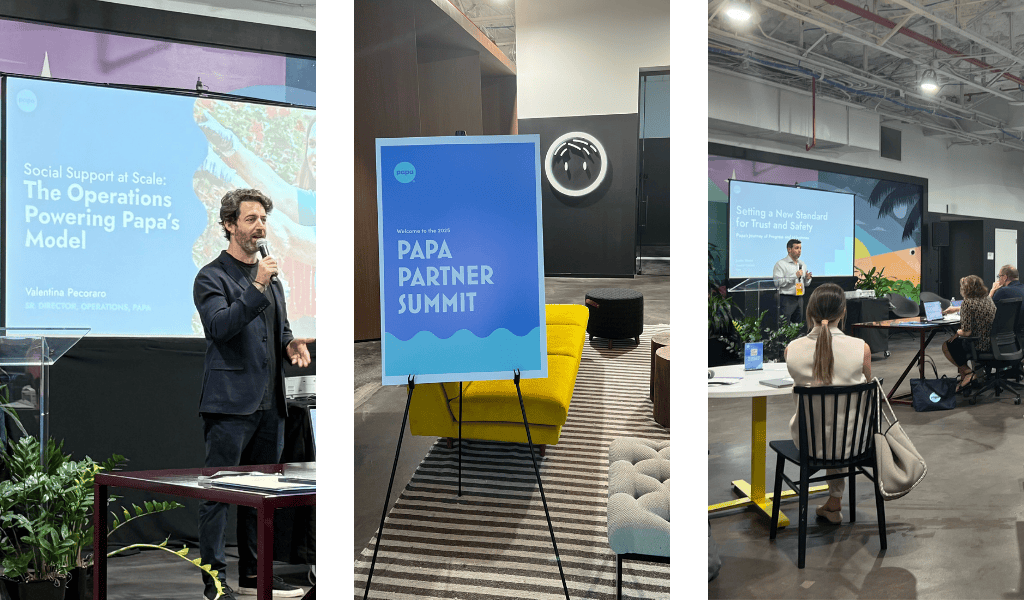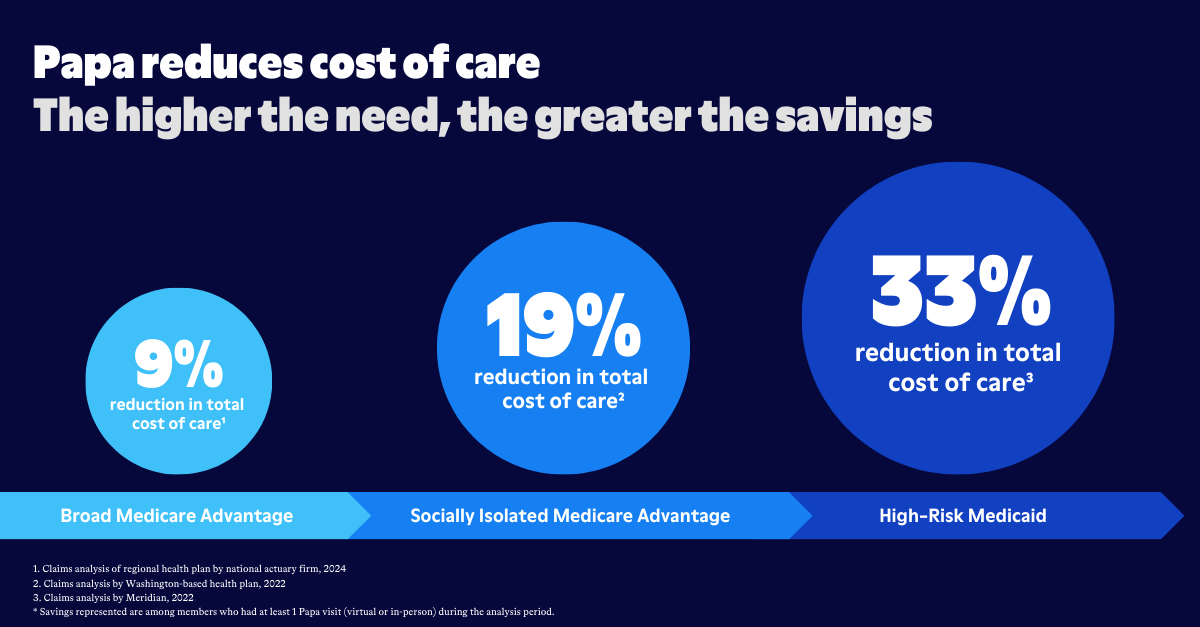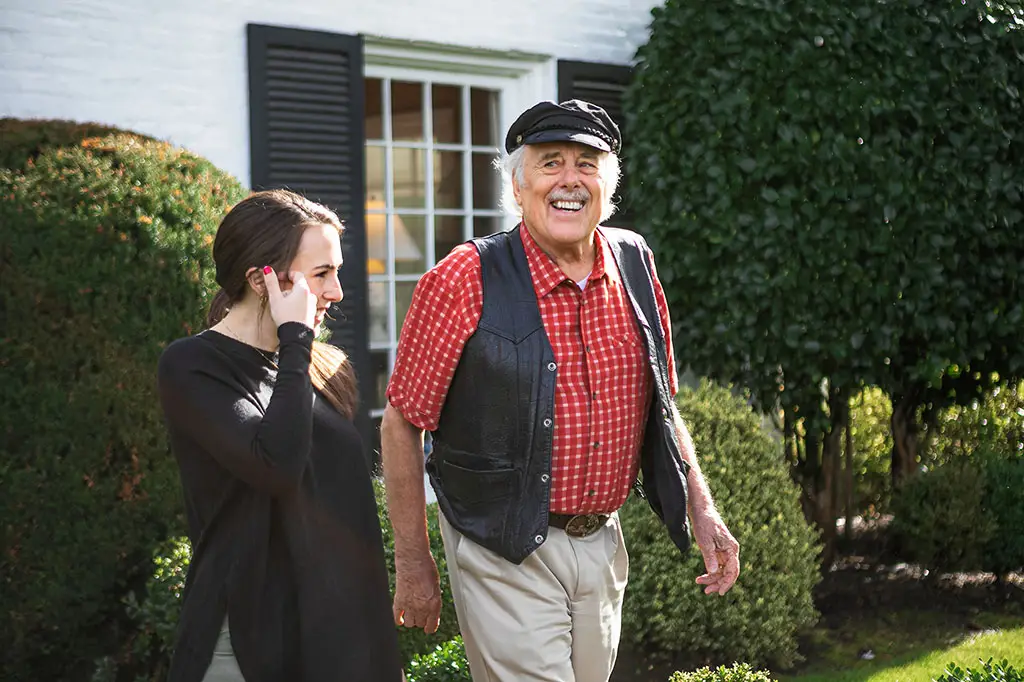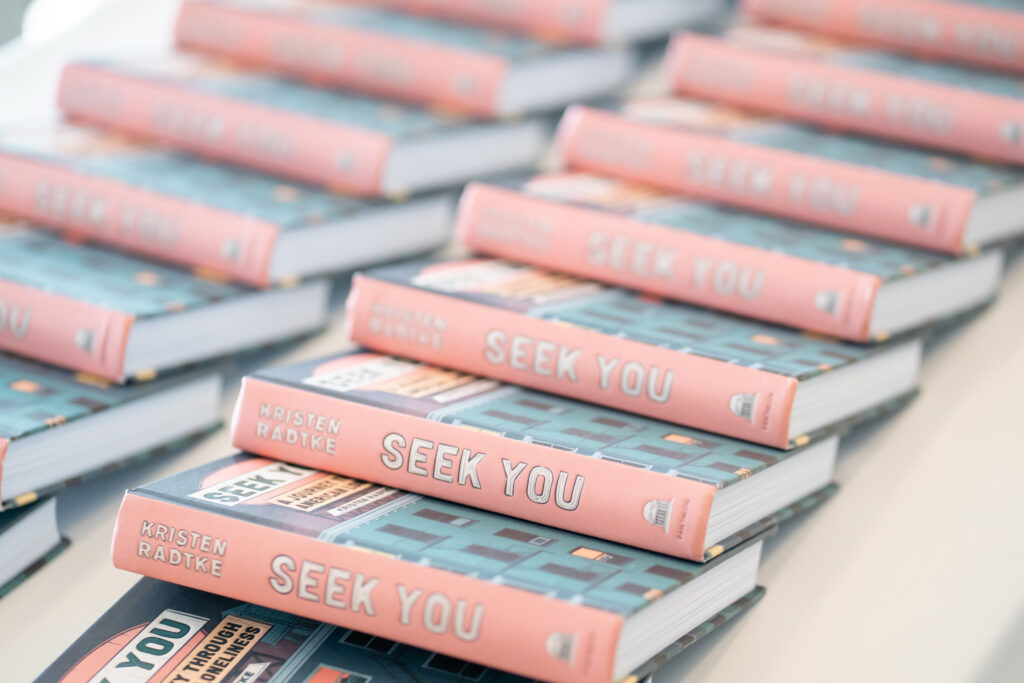
Have you ever found yourself cycling through a limitless sea of TV shows and movie titles on your favorite screen at home? Have you ever worn out your thumbs scrolling through that never-ending reel of social media posts on your smartphone? Maybe you even remember the last time you started with a simple Google search and found yourself later tallying up the hours you lost, probing into something totally unrelated.
Whatever the case may be, don’t worry. We aren’t here to make a statement about the evils of using modern technology. We love technology. But we are realizing that American’s habit of fixating on screens is just one of the many ways we choose to distract ourselves when we’re feeling isolated.
Recently, it seems like everyone (including the surgeon general) has been trying to make sense of sense of why we as Americans feel so isolated in the first place. What are we hiding from? What void are we trying to fill? What needs are we trying to meet that we aren’t getting from other people?
The ugly truth is that many of us are starving for human connection, and the worst part is that most of us have no idea what to do about it. Brooklyn-based author and illustrator, Kristen Radtke, understands this reality better than most. In her visually-striking graphic novel, Seek You: A Journey Through American Loneliness, Kristen uses her own story of loneliness as a lens through which to shed some well-founded, yet provocative light on the isolation that so many Americans struggle with every day.
Kristen’s Story: Identifying the Problem
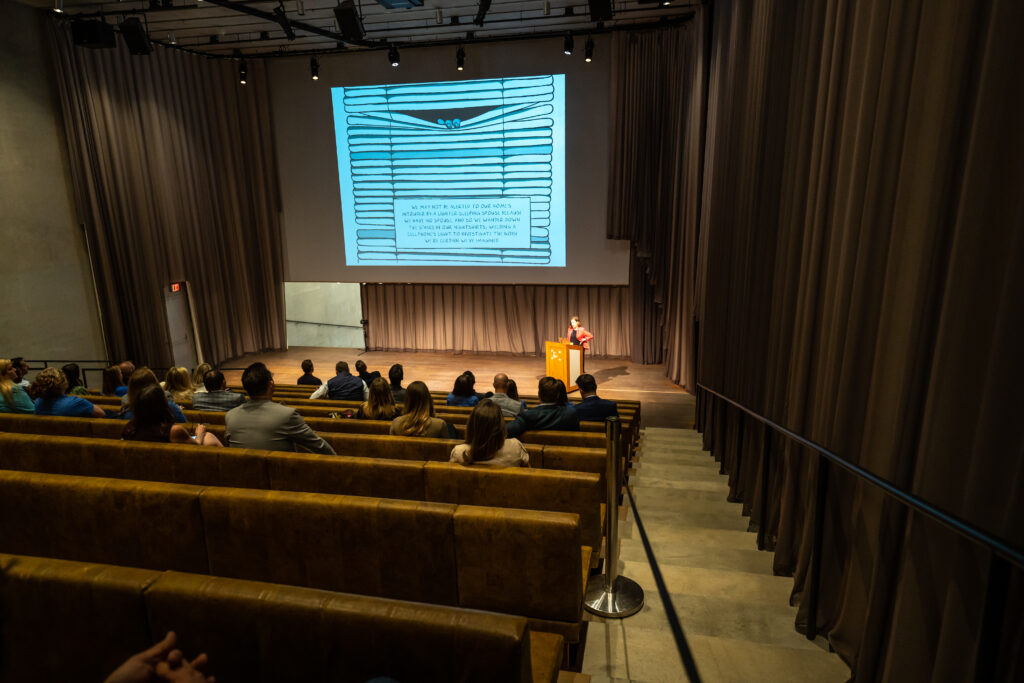
With the declaration of a global pandemic not even four years behind us, we collectively understand how certain moments in life can change how we see the world. For Kristen, the event that gave her new eyes was the reality shift that followed the 2016 U.S. Presidential election. As she describes it, the sensitivity she developed during this period soon allowed her to see the destructive power of loneliness on full display.
Kristen’s new, heightened awareness helped her pinpoint the loneliness in her own life. But shortly after, she began to recognize the same searing ache in others she knew. She’d even see it in the blank stares of perfect strangers eating “sloppy gyros” on the curbs of New York City streets. As an outlet, she started to draw the people she saw. And before long, what began as a simple, therapeutic exercise in human observation ended up sparking a full-scale study into the science of loneliness.
What is loneliness, exactly? Why do we feel it at all? What’s the difference between being alone and being lonely? Why does it feel like we never want to talk about it?
The initial curiosity Kristen listened to inspired both her illustrations, as well as the drive she needed to answer unresolved questions like these. The artwork and the discoveries she made during her investigation now make up the pages of Seek You.
What is Loneliness and Why Should We Care?
In a nation where excessive individualism and workaholism are often rewarded, it comes as no surprise that Americans are prone to spending time alone. However, Kristen draws an important distinction between spending time alone and feeling lonely. As she explains it, we all have a desire (a need) to connect—to know and be known by others. But when the level of relational connection we have doesn’t line up with the level we need, it creates a kind of emptiness within us—a void that we’re constantly trying to fill; this is where loneliness lives.
When our need for meaningful, human connection goes unsatisfied, Kristen says, loneliness can bring about a kind of shame that warps how we view ourselves and others. In simple terms, it’s not uncommon to see ourselves as unwanted and others as the enemies who don’t want us. And once this pattern of harmful thinking sets in, the associated emptiness we feel becomes even more difficult to eliminate.
Loneliness is an Emergency!
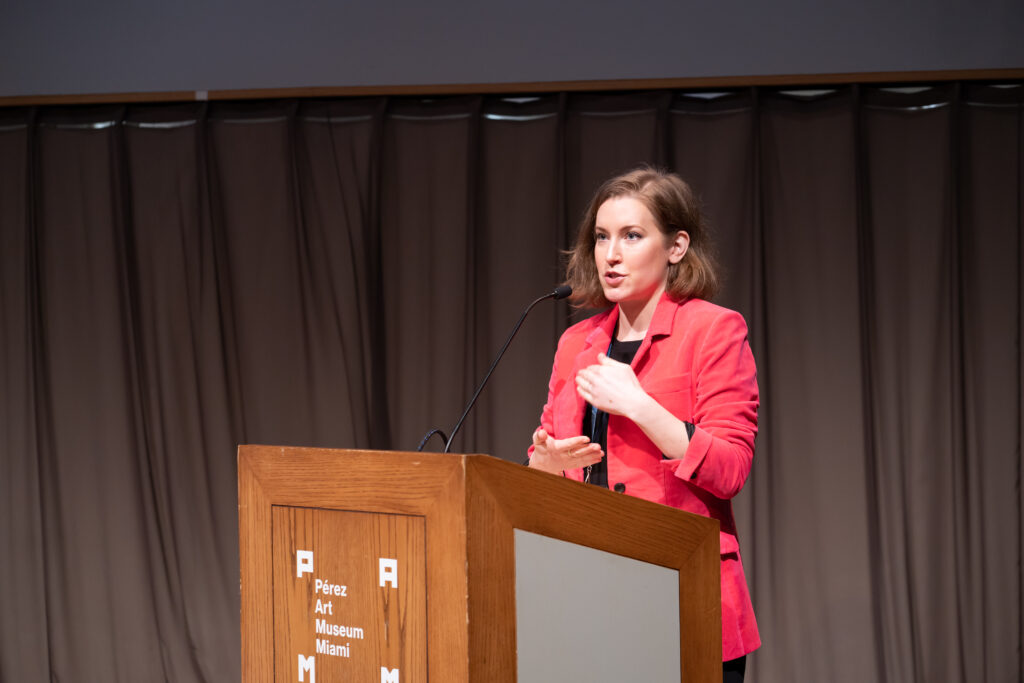
It’s true that loneliness can pose a serious threat to our mental health, but what about our bodies? During her presentation at Papa’s Pathfinder summit 2023 in Miami, it took just four words for Kristen to stun her audience into silence: “Loneliness can kill you.” And as you’ll see below, examples from data found in Seek You offer clarity on this startling point.
Chronic loneliness can trigger harmful behaviors that statistically shorten life expectancy:
- Physical inactivity
- Poor diet
- Increased likelihood of smoking cigarettes
- Insomnia
- Alcoholism
In some cases, certain medical conditions can be directly to loneliness as well—all of which can eventually lead to death:
- Weakened immune system
- High blood pressure
- Heart attack
- Cancer
Now What?
Kristen’s journey began with a revelation that ended up changing her life. Something called out to her about the state of her own loneliness, and she had the courage to confront it—to listen and respond. To follow the truth wherever it led. And while Seek You stands as a testament to that journey, her book was never intended to propose a solution. Kristen’s only aim was to invite the rest of America to join the conversation. She wanted to raise awareness about a problem that could potentially threaten our survival if we don’t stop ignoring it.
Let’s face it, loneliness has touched us all. So whether it’s literally threatened your life in some way, or stolen a measure of joy from you that makes life worth living, I think we can all agree that it deserves our attention. Kristen Radtke had enough courage to blaze the trail. The only question, now, is whether or not we have the courage to rally together and follow her.
